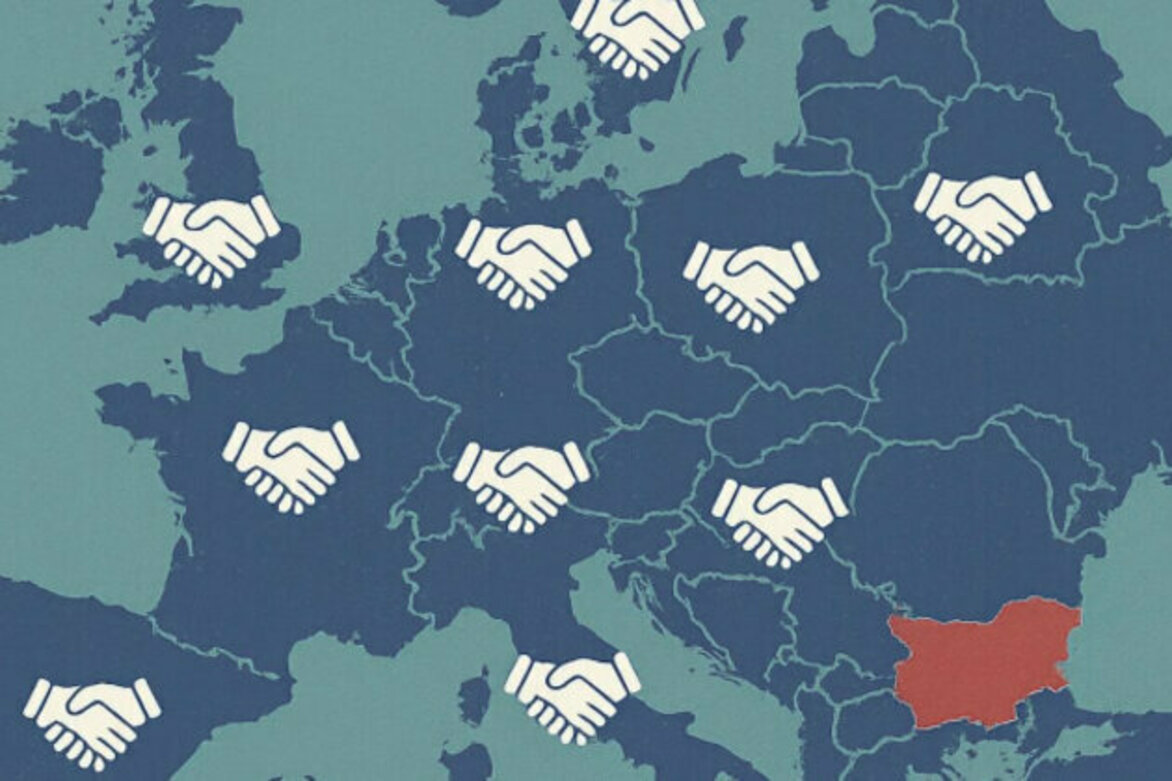Bulgaria Lags Behind Europe in Signing Bilateral Defense Agreements
Novinite.com
10 Jun 2025

Despite Ukraine's recent military success targeting Russian aircraft, Russian President Vladimir Putin has shown no real inclination to engage in meaningful peace talks. This was noted by Vesela Cherneva, deputy director of the European Council on Foreign Relations, during an appearance on Bloomberg Bulgaria. According to Cherneva, although this Ukrainian action may not shift the broader trajectory of the war, it will undoubtedly influence the morale and strategic calculations within the Russian military ranks.
At the same time, European countries are intensifying their efforts to strengthen defense, allocating significant resources and pursuing closer cooperation. A growing concern among senior figures in NATO and the European Union is that, should Ukraine fall, Russia might move quickly to challenge a NATO member - most likely one of the Baltic states. Such a development would carry profound consequences, a reality that is becoming more widely accepted across Europe.
Cherneva pointed out that although the U.S. remains a cornerstone of European defense, a gradual retreat of American involvement is to be expected. Nevertheless, Washington's contributions - particularly in air defense and personnel - continue to be essential.
?European defense structures still lean heavily on the United States. That reliance is unsustainable in the long run, and that's why we?re seeing such a flurry of activity from European governments,? she explained.
In this context, many European nations have begun signing bilateral defense agreements that complement their commitments under NATO and EU frameworks. These agreements often extend beyond military matters, covering areas such as disaster response, cybersecurity, and intelligence sharing. Yet, Bulgaria stands out as one of the few countries that has not entered into such partnerships.
?This is a serious blind spot for Bulgaria,? Cherneva remarked. ?Especially in light of recent scandals involving intelligence leaks to Russia and Bulgarian nationals tied to Russian networks - issues that have drawn attention across the continent.? She added that, as a result, the level of intelligence-sharing with Bulgaria has been reduced to what she described as a 'sanitary minimum.?
Bulgaria's lack of bilateral agreements reflects deeper issues in national security policy, she argued. ?We do not currently have a modern, updated national strategy, and we?re not taking part in this broader trend of defense cooperation,? said Cherneva.
She believes that Sofia should prioritize regional cooperation with neighboring allies like Greece and Romania and explore defense partnerships with larger, militarily capable countries. Rebuilding the trust of NATO and EU member states - particularly in the area of counterintelligence - will be crucial if Bulgaria hopes to be seen as a reliable partner in defense matters moving forward.
